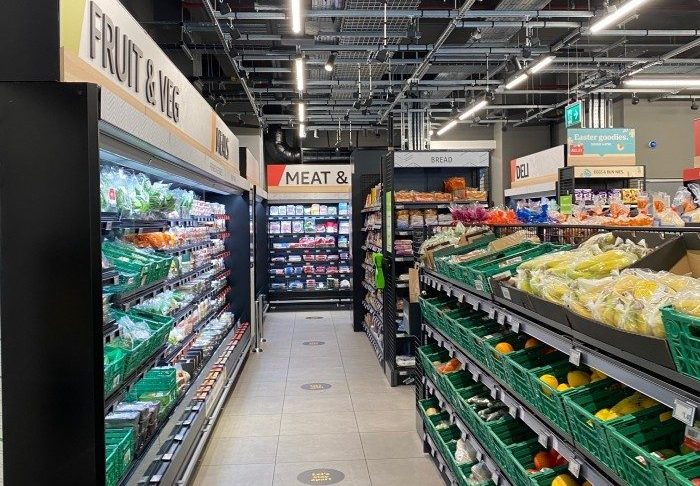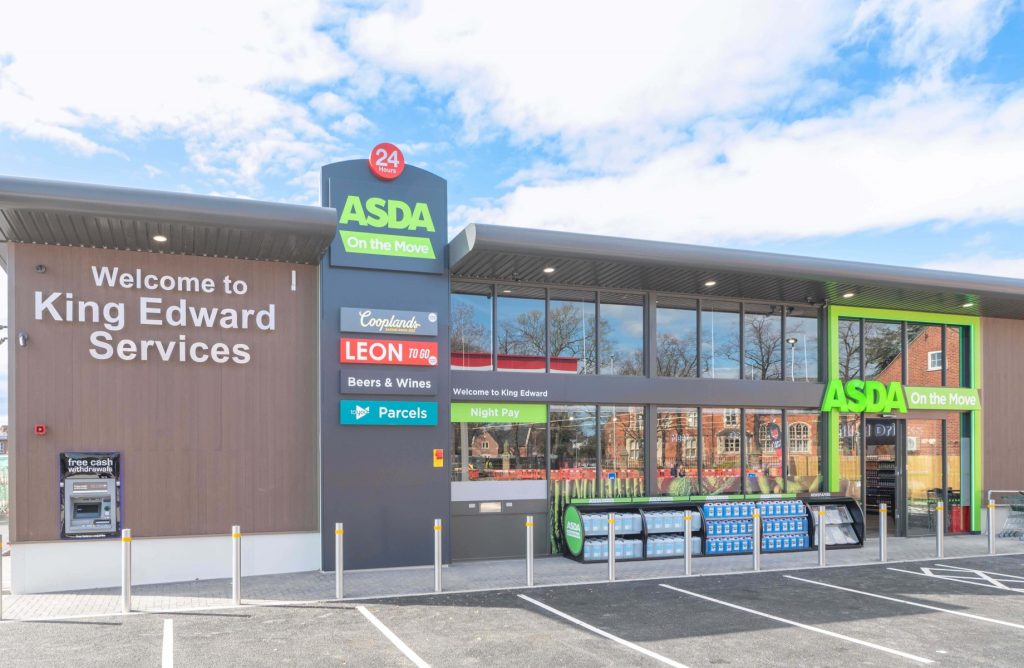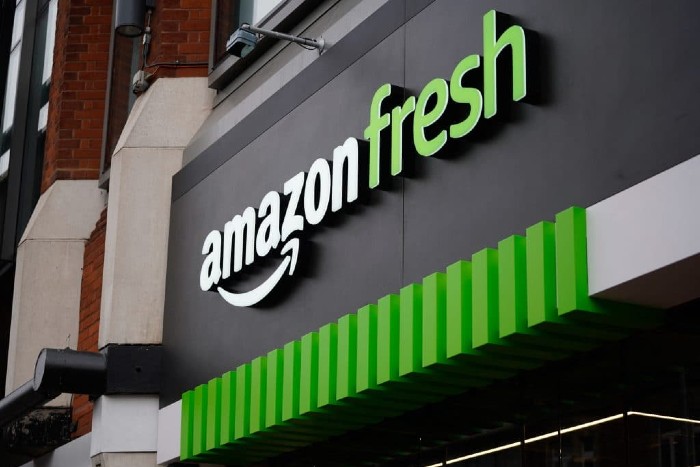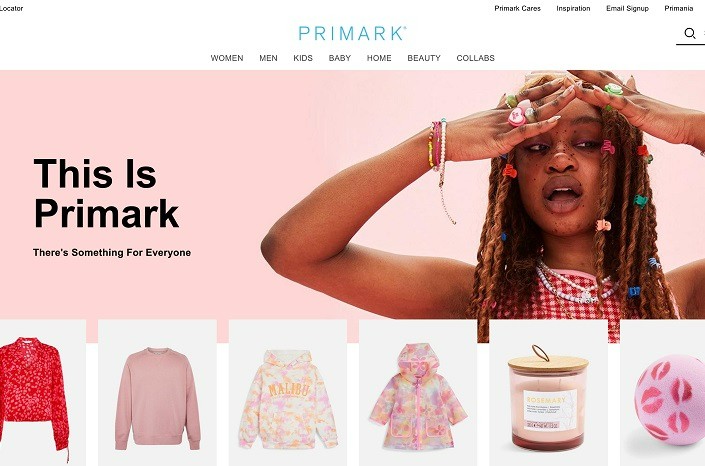According to many, the British high street has a bright future.
Business is booming. Consumers are spending. Sales are up, we‘ve avoided the predicted Brexit catastrophe and everything in the garden is rosy. And if you were to look no further than the figures, you‘d be right.
The August UK retail figures paint a very pretty picture. Retail volumes are up 6.2 per cent compared with the same month a year ago, with the amount spent in the same period increasing by 4.1 per cent. Add to this the fact that the Office of National Statistics (ONS) now says that the Brexit vote had “no major effect” on the UK economy, and we have indeed got a bright future in store, and outside of it.
However, these figures do not tell the whole story.
RELATED: Latest ONS retail sales figures continues to defy post-Brexit fears
Beneath the buoyant headlines and upbeat interviews lies a darker and more dangerous tale. Many retailers are struggling. In recent weeks we‘ve seen a swathe of profit warnings from big brand names including Bonmarché, Majestic Wine and River Island, and there will doubtless be more over the coming weeks.
If profit warnings are up but so are sales figures, what‘s going on? In my view, we‘re on the cusp of a huge realignment on the British high street because right now, many brands are failing to invest for the future. They‘re not spending anything like the amounts of money they need to on tech and digital. They‘re way behind when it comes to creating customer-centric business and they don‘t understand the needs of Millennials. Research by major e-payment provider Worldpay has warned that the lack of attention being given to the future is a ticking time bomb for the retail sector as a whole.
Many hugely successful UK retailers have frankly failed online, and you can see their failures in detail all over the review sites. That‘s a problem because for the first time ever, the August retail sales figures confirm that shopping is going online, and nothing is going to stop it. Online purchases now account for more than 10 per cent of all household goods sales, with this type of purchase growing by a massive 50 per cent in August, in year-on-year terms.
RELATED: Brexit’s long term impact divides retailers’ confidence
These figures are a wake-up call for companies that don‘t have an effective, engaging online presence. At JML we‘ve pre-empted this move by focusing our efforts increasingly towards developing our digital presence; but more than that, tailoring it to the precise needs of our target audience.
After 30 years in the business, JML has had to adapt or die. From a small family company to a pioneering direct TV retailer, upgrading our logistics and fulfilment capacity to keep up with technological development, and now by investing in digital to sharpen our customer insight, we‘ve taken customer-centricity and the online experience incredibly seriously.
RELATED: Has the “death of the high street” been exaggerated?
We‘re pleased with how we‘ve tackled this challenge but unlike many retailers we don‘t regard online as “set and forget”. We know that we must evolve to meet new expectations are and when they arise – and go as far as we can to predict changing behaviours over the longer term.
If the British retail sector is going to set a course away from the danger zone, it needs to ignore the rosy figures, get smart, get customer-centric and believe that there is no such thing as a business that‘s too big to fail.
Ken Daly is the CEO of global online retailer and TV shopping channel JML
Click here to sign up to Retail Gazette’s free daily email newsletter


















